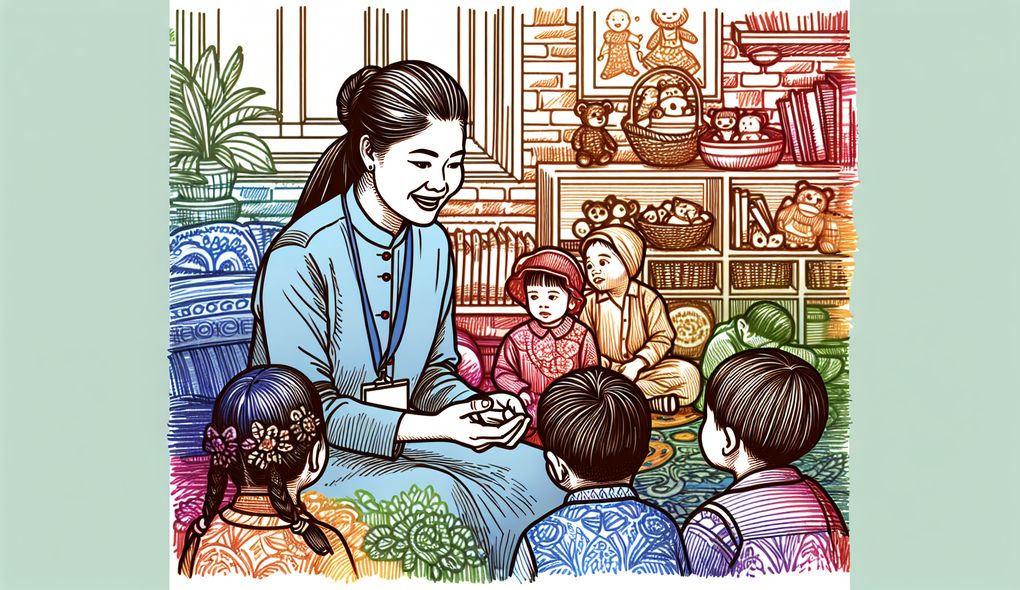What strategies do you use to ensure cultural sensitivity in your work with diverse populations?
SENIOR LEVEL

Sample answer to the question:
In my work with diverse populations, I use several strategies to ensure cultural sensitivity. Firstly, I always make an effort to educate myself about different cultural customs and beliefs to better understand and respect the needs and preferences of individuals from diverse backgrounds. I also actively listen to their concerns and perspectives, providing a safe and inclusive space for open dialogue. Additionally, I collaborate with cultural liaisons or community leaders to gain deeper insights into specific cultural practices that may affect the services provided. Finally, I adapt my communication style and approaches according to cultural considerations, ensuring that language barriers are addressed and cultural norms are respected.
Here is a more solid answer:
Ensuring cultural sensitivity in my work with diverse populations is a top priority for me. To achieve this, I actively educate myself about different cultural customs and beliefs through research and by engaging with individuals from various backgrounds. For instance, in my previous role as a Child Welfare Specialist, I organized cultural sensitivity training sessions for my team where we learned about the customs and traditions of the diverse communities we served. This not only enhanced our understanding but also helped us develop more effective strategies to address their unique needs. I also collaborated closely with cultural liaisons and community leaders to gain deeper insights into specific cultural practices that impacted the services we provided. By actively involving the community, we were able to create a more inclusive and culturally sensitive environment. Additionally, I ensured that language barriers were addressed by employing professional interpreters and translators, and I always made an effort to adapt my communication style to respect cultural norms and preferences.
Why is this a more solid answer?
The solid answer expands on the strategies mentioned in the basic answer and provides specific examples of how the candidate implemented these strategies in their previous role as a Child Welfare Specialist. It demonstrates their ability to proactively educate themselves, collaborate with community leaders, address language barriers, and adapt their communication style.
An example of a exceptional answer:
Cultural sensitivity is at the core of my work with diverse populations. To ensure this, I have developed a comprehensive approach that includes ongoing self-reflection and continuous learning. I regularly engage in diversity training, attend cultural events, and read literature about different cultures to deepen my understanding and challenge my biases. In my previous role, I actively sought opportunities to work with marginalized communities, such as refugee populations and indigenous groups, to gain firsthand experience and develop specialized strategies. For example, I initiated a partnership with a local refugee support organization, where I trained their volunteers on child protection techniques and collaborated on culturally appropriate interventions. This collaboration resulted in increased trust and better outcomes for the children and families we served. Additionally, I have implemented feedback mechanisms to ensure accountability and improve cultural sensitivity within my team and organization as a whole. By regularly communicating with team members and seeking their input, I have been able to identify areas for improvement and implement necessary changes. Overall, my commitment to cultural sensitivity is demonstrated through my continuous learning, hands-on experience, and collaborative approach.
Why is this an exceptional answer?
The exceptional answer not only highlights the strategies mentioned in the solid answer but goes above and beyond by showcasing the candidate's proactive commitment to personal growth and challenging their own biases. It also demonstrates their hands-on experience working with marginalized communities and their dedication to improving cultural sensitivity within their team and organization. The answer provides specific examples of partnerships formed and the positive impact it had on the populations served.
How to prepare for this question:
- Research and familiarize yourself with different cultures, customs, and traditions to develop a strong foundation in cultural sensitivity.
- Seek out opportunities to engage with diverse populations or communities to gain firsthand experience and build cultural competence.
- Participate in diversity training programs or attend cultural events to expand your knowledge and challenge any biases you may have.
- Collaborate with cultural liaisons, community leaders, or organizations to gain deeper insights and develop culturally appropriate strategies.
- Implement feedback mechanisms within your team or organization to ensure continuous improvement and accountability in cultural sensitivity.
What are interviewers evaluating with this question?
- Empathy and cultural sensitivity
- Communication and interpersonal skills

